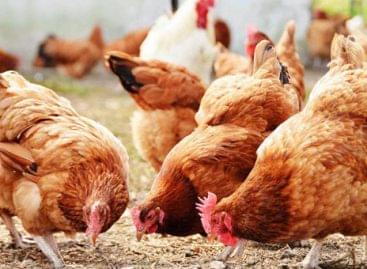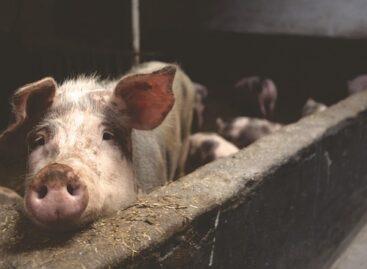Consumption increased by 3.4%
KSH confirmed that in the first quarter of this year, the performance of the economy increased by 0.8% compared to the previous quarter, according to adjusted data.Compared to the same period of the previous year, the Hungarian economy grew by 1.1%, according to the raw data, while adjusted for seasonality and the effect of working days, the increase was 1.7%. The higher adjusted figure was based on the fact that there were two fewer working days in the first quarter of this year than in the same period of 2023.The latest data is in line with our forecast for 2024, we expect economic growth of over 2% from the second quarter (on a year-on-year basis), and the economy may expand by 2.7% this year as a whole.
 Last year, the economy began to recover from the recession in the third quarter. Domestic and pan-European prospects are supported by energy prices that have stabilized at a significantly lower level than before, but they are overshadowed by slowing internal and external demand due to the war in Ukraine and high global interest rates. The main driving force behind this year’s growth is the replacement of deferred consumption, which is supported by substantially recovering real wages. However, the upswing in consumption is progressing only gradually, as households first try to replenish their savings instead of spending the increased wage bill. The consumption expenditure of households improved slightly compared to the previous quarter, they measured an increase of 0.6%, the 3.4% expansion measured on a year-on-year basis was also helped by the base effect.
Last year, the economy began to recover from the recession in the third quarter. Domestic and pan-European prospects are supported by energy prices that have stabilized at a significantly lower level than before, but they are overshadowed by slowing internal and external demand due to the war in Ukraine and high global interest rates. The main driving force behind this year’s growth is the replacement of deferred consumption, which is supported by substantially recovering real wages. However, the upswing in consumption is progressing only gradually, as households first try to replenish their savings instead of spending the increased wage bill. The consumption expenditure of households improved slightly compared to the previous quarter, they measured an increase of 0.6%, the 3.4% expansion measured on a year-on-year basis was also helped by the base effect.
Economic performance in the first quarter was supported by net exports, after the volume of imports decreased more (9.2%) than that of exports (5.3%). Domestic industry, which accounts for approximately a quarter of the economy, decreased by 0.1% compared to the previous quarter, according to adjusted data. It can be seen that compared to the previous quarter, the performance of the industry did not significantly deteriorate, the two fewer working days this year played a role in the 4.2% decrease compared to the same period of the previous year (raw data). In the rest of the year, with a minor recovery in consumption and industry, we expect a significant increase in imports, while a significant increase in exports is hindered by the weak external economy.
Related news
Poultry meat imports fell in 2025
🎧 Hallgasd a cikket: Lejátszás Szünet Folytatás Leállítás Nyelv: Auto…
Read more >Related news
How to spend Valentine’s Day around here
🎧 Hallgasd a cikket: Lejátszás Szünet Folytatás Leállítás Nyelv: Auto…
Read more >OKSZ on the extension of the margin stop decree
🎧 Hallgasd a cikket: Lejátszás Szünet Folytatás Leállítás Nyelv: Auto…
Read more >









